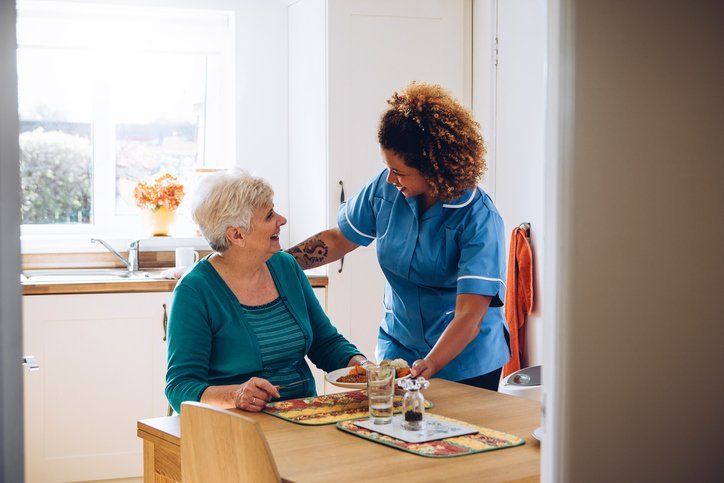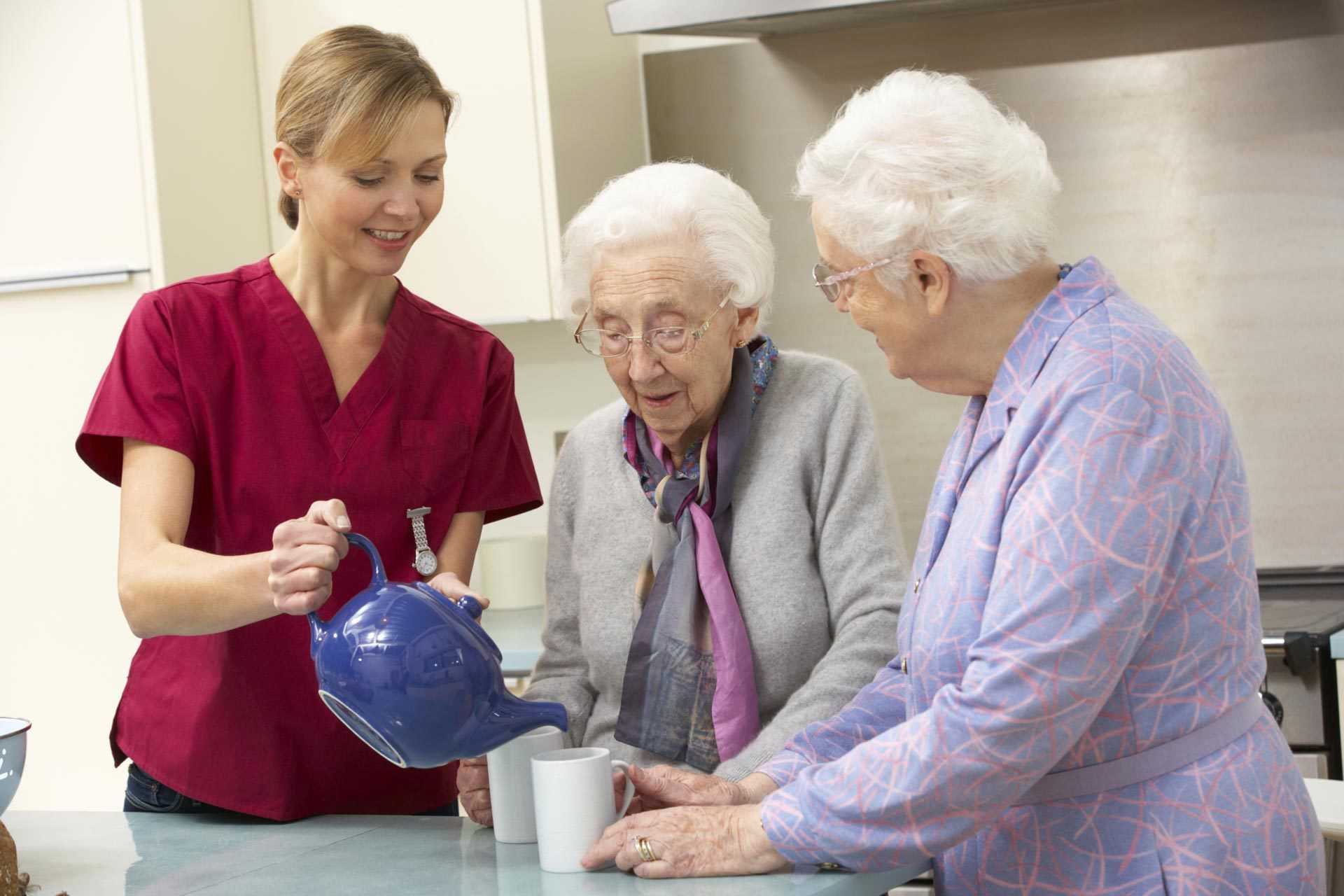How to Know When Home Health Care is Necessary
When to Consider Home Health Care
Deciding on the right care for an aging loved one is one of the most challenging choices a family can make. As people get older, their needs change, and maintaining independence at home can become difficult. While many seniors prefer to stay in their familiar surroundings, there comes a time when extra support is necessary. This is where home health care can make a significant difference. Recognizing the signs that it's time for professional assistance is the first step toward ensuring your loved one's safety, health, and happiness.
Key Signs It's Time for Home Health Care
Noticing changes in a loved one's physical abilities, mental state, or daily routines can be unsettling. These shifts are often gradual, making them hard to pinpoint. Here are some of the most common signs that professional in-home support may be needed.
1. Difficulty with Daily Activities
One of the most apparent signs is a growing struggle with Activities of Daily Living (ADLs). These are fundamental self-care tasks that people typically manage on their own. Pay attention if your loved one has trouble with:
- Personal Hygiene: Infrequent bathing, unkempt hair, body odor, or poor oral hygiene.
- Dressing: Wearing inappropriate clothing for the weather or repeatedly wearing the same dirty clothes.
- Mobility: Difficulty walking, getting out of a chair, or climbing stairs.
- Toileting: Issues with incontinence or getting to the bathroom safely.
Struggles with these basics can lead to health problems and a decline in self-esteem. A home health aide can provide respectful assistance with these personal tasks.
2. Recent Falls or Mobility Issues
A fall can be a life-altering event for a senior. If your loved one has recently fallen or seems increasingly unsteady on their feet, it's a major red flag. Look for new bruises, a fear of walking, or a reliance on holding onto furniture to move around. Home health care professionals can help create a safer environment and provide mobility support to reduce the risk of future accidents.
3. Changes in Eating Habits and Nutrition
Is your loved one losing weight unexpectedly? Are you noticing spoiled food in the refrigerator or an empty pantry? A decline in appetite, difficulty cooking, or forgetting to eat can lead to malnutrition and weakness. This can worsen existing health conditions and create new ones. A caregiver can assist with grocery shopping, meal preparation, and ensuring your loved one receives regular, nutritious meals.
4. Medication Mismanagement
Forgetting to take medication, taking the wrong dose, or mixing up different prescriptions can have severe health consequences. If you find unopened pill bottles or see that medication isn't being taken as prescribed, it's a clear sign that help is needed. Home health care services often include medication reminders and management to ensure your loved one adheres to their doctor's orders.
5. Neglect of Household Responsibilities
A once-tidy home that is now cluttered, dirty, or disorganized can indicate that daily chores have become too overwhelming. Piles of mail, unwashed dishes, and an untidy living space can signal physical or cognitive decline. In-home caregivers can help with light housekeeping, ensuring the living environment remains clean, safe, and comfortable.
6. Increased Social Isolation
Has your loved one stopped engaging in hobbies they once enjoyed? Are they turning down invitations from friends and family? Social withdrawal can lead to loneliness and depression, which can negatively impact overall health. The companionship provided by a home health aide can be a powerful antidote, offering social interaction and emotional support.
Contact Us for Home Health Care Services in Wilson, NC
Recognizing these signs is the first and most important step in getting your loved one the support they need to age safely and comfortably at home. If you've noticed any of these changes, it may be time to explore your options.
The transition to needing care can be emotional for everyone involved. At Phillips Home Healthcare, we understand the complexities of this journey. Our compassionate team is here to listen to your concerns and help you create a personalized care plan that fits your family's unique needs. Contact us today to learn more about our home health care services and how we can help your loved one thrive.





